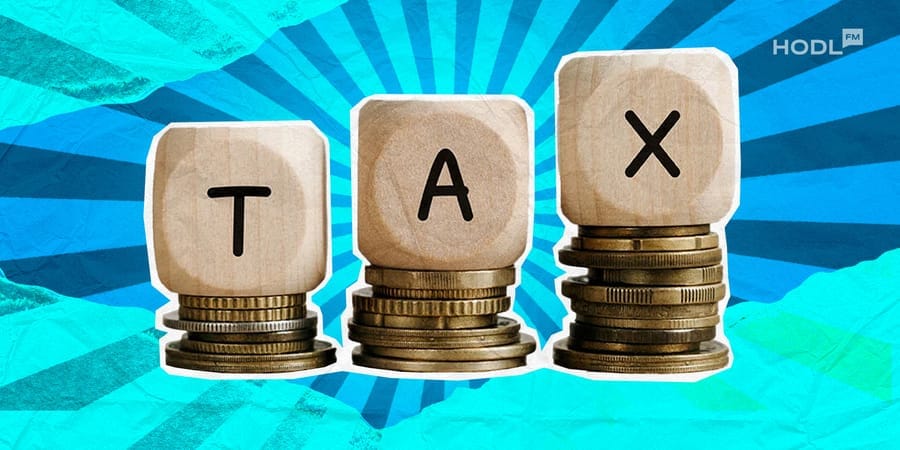France’s National Assembly has ignited strong debate after passing a contentious amendment that would, for the first time, include cryptocurrencies in the country’s wealth tax. The reform, part of the 2026 draft finance bill, signals a sweeping shift in how the French government plans to treat digital assets, viewing them less as innovation drivers and more as idle stores of value akin to luxury goods.
A new tax targeting ‘unproductive wealth’
The amendment, proposed by centrist MP Jean-Paul Mattei of the Les Démocrates party, passed narrowly on October 31 by a vote of 163 to 150. Known as the “Impôt sur la Fortune Improductive” (IFI), or tax on unproductive wealth, the measure seeks to replace France’s existing real estate wealth tax, the Impôt sur la Fortune Immobilière.
Under this plan, individuals with net taxable wealth exceeding €2 million would face a flat 1% annual levy, compared to the previous progressive rate of 0.5% to 1.5%. However, the most significant change lies in the expanded tax base, extending beyond property to cover assets considered “economically inactive.” Those include yachts, private jets, fine art, classic cars, and, for the first time, cryptocurrencies such as Bitcoin and Ethereum.
Mattei explained that the objective is to encourage investment in productive sectors of the economy: to reward capital that creates jobs and punishes passive wealth accumulation. In a note accompanying the amendment, he wrote:
“Gold, coins, classic cars, yachts and works of art are excluded from the current tax base, yet they represent forms of wealth that do not contribute to the economy. This reform corrects that inconsistency.”
If approved by the Senate, the amendment would become law and apply to the 2026 tax year, adding a substantial reporting requirement for French crypto holders.
Industry backlash: taxing unrealised crypto gains
The most controversial aspect of the proposal is its treatment of unrealised gains. Since the tax applies to the market value of assets held at year-end, investors could owe taxes on cryptocurrency portfolios that have appreciated, even if they haven’t sold.
French crypto executives and industry leaders warn the approach could hurt innovation and drive talent abroad. Éric Larchevêque, co-founder of Ledger, called the measure punitive: the proposal, he said, “punishes all savers who wish to anchor themselves financially to gold and Bitcoin in order to protect their future.” He added,
“Crypto is being equated with an unproductive reserve, not something that serves the real economy.”
This system would unfairly burden long-term holders and builders in the industry. Since crypto markets are notoriously volatile, portfolio values can fluctuate widely within short periods, raising the prospect that investors might be taxed on paper profits that later evaporate. This could force asset liquidations simply to meet tax obligations, exacerbating market instability.
Burçak Ünsal, Managing Partner at Ünsal Attorneys at Law, noted that taxing early token holders without distinguishing them from passive investors could prove “economically unjust,” particularly for founders or developers whose token holdings represent operational stakes rather than speculative assets.
Political divide and economic motives
Politically, the amendment divided the French legislature. It succeeded only through an unusual coalition of socialist, centrist, and far-right deputies, while President Emmanuel Macron’s Renaissance party opposed it, warning that its “scope and revenue are uncertain.”
Supporters portray the measure as a pragmatic step to stabilize public finances amid mounting debt pressures, France’s debt-to-GDP ratio hovers around 115%, among the highest in the EU. Yet opponents contend that combining luxury goods and cryptocurrencies under a single tax category oversimplifies an emerging sector and discourages digital entrepreneurship.
The wealth-tax expansion also lands amid a contradictory policy climate. While lawmakers move to tax private crypto holdings as “unproductive,” another parliamentary bloc, the Union des droites pour la République (UDR), has proposed creating a national Bitcoin reserve, framing the digital currency as a strategic state asset. Together, these measures highlight the duality of France’s crypto policy, penalizing private accumulation while flirting with public adoption.
What lies ahead
Before implementation, the wealth tax proposal must still pass the Senate and survive further legislative scrutiny as part of France’s 2026 budget law. Lawmakers could still refine the definition of “digital assets” or introduce carve-outs for business-related holdings.
If enacted, however, France would become one of the few major economies to tax crypto wealth annually, following models already seen in Switzerland, Spain, and Norway. For now, the outcome remains uncertain, but France’s debate has set a clear tone: digital assets are no longer on the periphery of fiscal policy but at the heart of a national conversation over what constitutes productive wealth.

Disclaimer: All materials on this site are for informational purposes only. None of the material should be interpreted as investment advice. Please note that despite the nature of much of the material created and hosted on this website, HODL FM is not a financial reference resource, and the opinions of authors and other contributors are their own and should not be taken as financial advice. If you require advice. HODL FM strongly recommends contacting a qualified industry professional.





